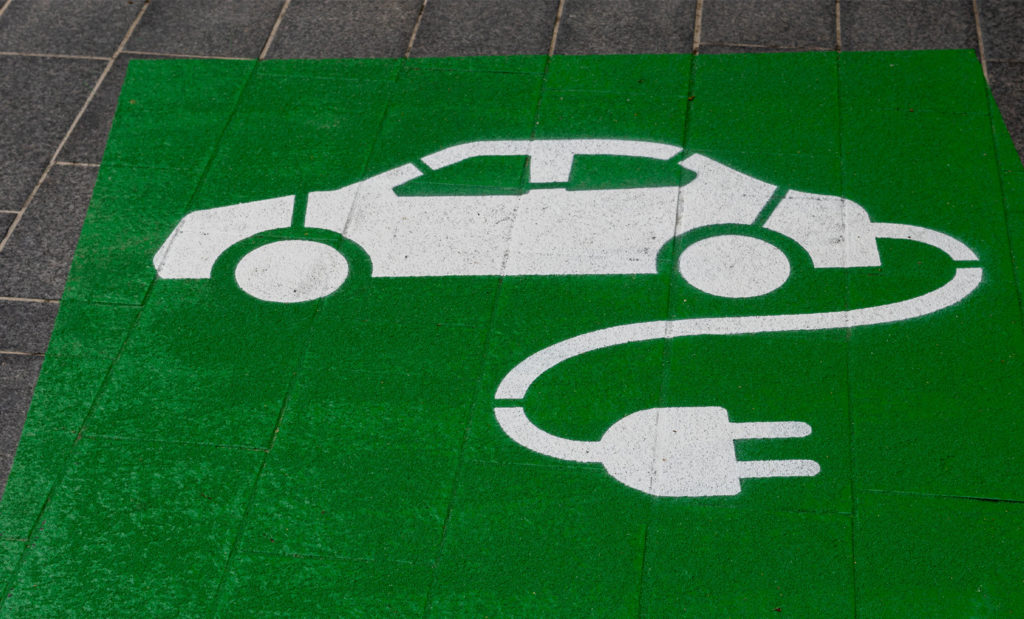
Once upon a time, electric vehicles (EVs) were little more than a novelty, restricted to a maximum range of about 40 miles and good only for short hops and daily commutes. Those days are gone.
Hybrid engines are gradually fading from fashion too, as pure electric vehicles with zero tailpipe emissions increasingly offer the kind of range and comfort features you might expect from a traditional internal combustion engine (ICE) car.
The benefits are huge. Quieter cars, cleaner air, less negative impact on climate change, the potential to use more renewable energy and lower running costs are all in the mix.
EVs require less servicing, with fewer moving parts to go wrong. Their automatic transmission makes them easier and more efficient to drive. They can be recharged from a standard wall socket in about 12 hours, or from a rapid charger in under an hour.
In almost every conceivable way, electric cars make more sense – and with government incentives to help motorists make the move to electric vehicles, combined with spiralling petrol and diesel prices, is it time to scrap your car and go electric?
Electric Cars Take the Lead
We are at a turning point for the UK automotive market, according to figures published by the Department for Transport in January 2022.
They found that in the third quarter of 2021, a total of 542,000 new vehicles were registered in Great Britain. Of these, 51,000 were battery electric vehicles (BEVs), an increase of 44% over the previous year.
New petrol car registrations fell 41% and diesel registrations dropped by 66% in the same period, taking the figures to 213,000 petrol and just 35,000 diesel registrations. A further 76,000 hybrid electric vehicles and 29,000 plug-in hybrids were also registered.
In all, 83,000 newly registered vehicles meet the criteria to be classed as ultra-low emission, up 40% since 2020. ULEVs took a market share of 15.3% among vehicles newly registered in Q3 2021.
Should I Scrap My Diesel Car?
Scrapping diesel cars in particular is high on the agenda, as they face stricter MOT rules, higher fuel prices and raise greater concerns about environmental impact. However, much of this also applies to scrapping petrol cars too.
There are several incentives that might make it easier for you to switch to a fully electric car:
• Vehicle tax exemptions for zero-emission vehicles including battery EVs
• Additional exemption from the £355 premium vehicle tax on EVs worth over £40,000
• Congestion charge and clean air zone exemptions for ULEVs
• Plug-in Grants up to £1,500 to buy specific models of electric cars
• Electric Vehicle Homecharge Scheme grants up to £350 to install a home fast charging point
Added together, these incentives could make it well worth scrapping a petrol or diesel car, especially if you live close to a clean air zone where you have to pay to drive a car with non-zero exhaust emissions.
To find out how much we can pay you for your scrap car, fill in our Quick Scrap Car Quote enquiry form and you’ll soon know how much extra you can put towards your electric vehicle too.





